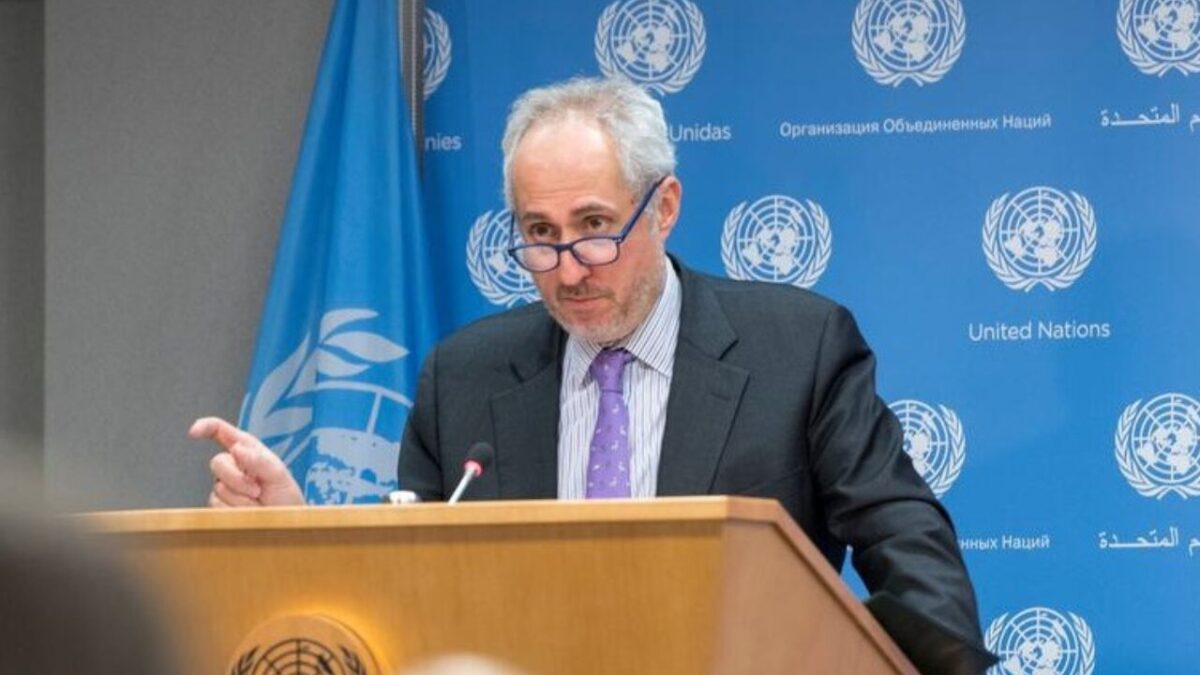UNITED NATIONS — If Taliban restrictions on girls’ education remain in place, more than 4 million girls in Afghanistan could be denied access to schooling by the end of the decade, the United Nations said Monday, citing a new assessment by UNICEF.
Speaking at a press briefing in New York, UN spokesperson Stéphane Dujarric said the number of girls currently barred from attending school in Afghanistan has reached 2.2 million, and that figure is expected to rise unless the policies are reversed.
“With the start of the new school year, an additional 400,000 girls have been denied their right to education,” Dujarric said. “Today also marks three years since the ban on secondary education for girls began.”
Quoting UNICEF, he added, “If this ban continues until 2030 — and we hope it will not — more than four million girls will be deprived of education beyond the primary level.”
Dujarric emphasized that Afghanistan “cannot afford to leave half of its population behind,” noting that the long-term consequences of educational exclusion are severe for the country’s development and stability.
Despite the restrictions, UNICEF has continued to support learning initiatives in Afghanistan. According to the agency, it has facilitated access to community-based education for more than 445,000 children — 64 percent of them girls.
The agency is also working to empower female teachers to ensure that girls have access to education and positive role models, Dujarric said.





